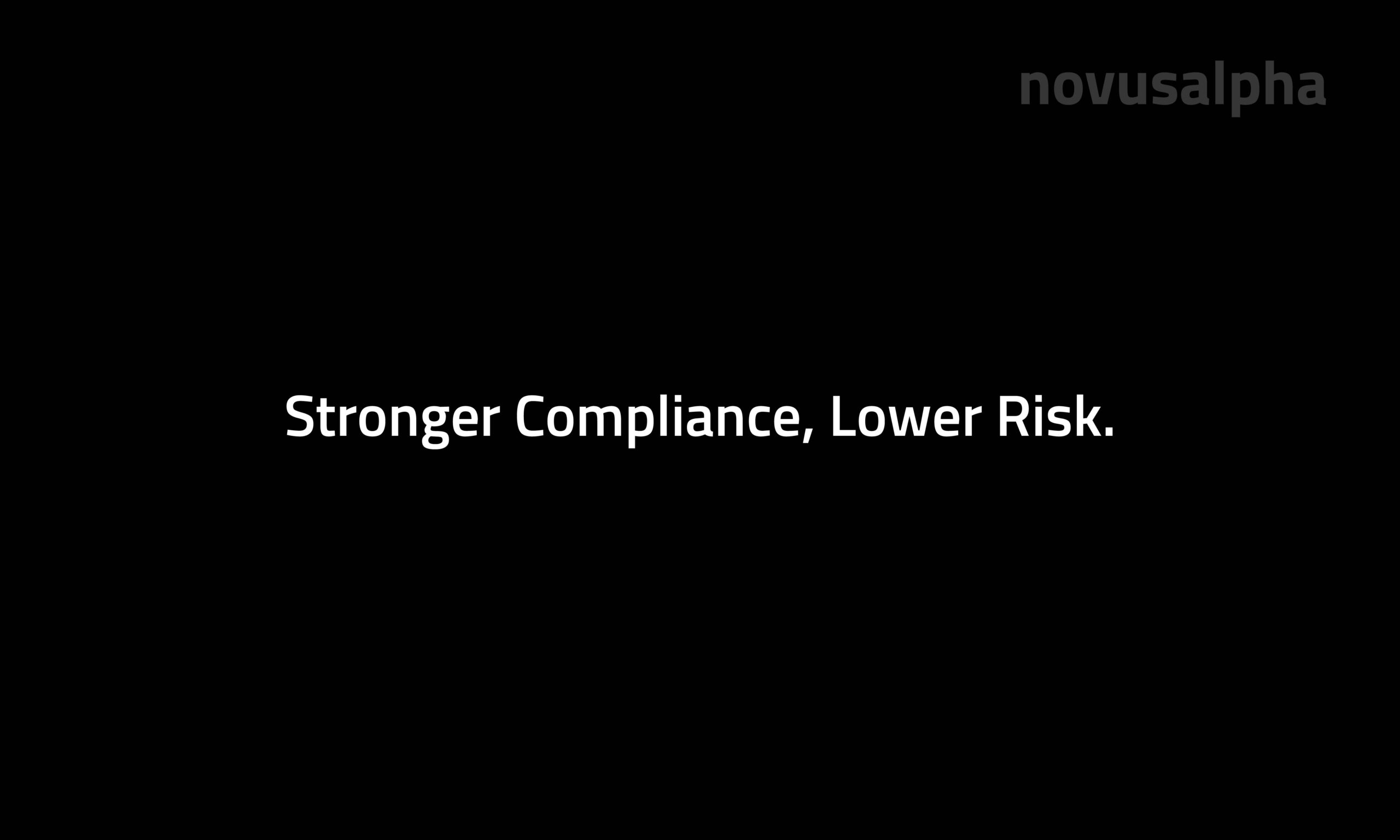Expanding internationally is an exciting milestone for any business, but without the right strategy, it can quickly become a costly and overwhelming challenge.
Many companies enter new markets without fully understanding the regulatory complications, financial risks, and operational complexities they will face. The result? A struggling expansion that drains resources, damages credibility, and slows lasting growth.
If you’re looking beyond local markets, the key to success is not just ambition. It’s strategy, execution, and risk management.
Without these three key pillars, international expansion becomes a high-risk gamble rather than a smart business move.
The Risks of Expanding Without a Strategy
Firstly, you need to accept that global expansion has nothing to do with setting up operations in a new country. The focus lies into adapting to new legal, financial, and cultural landscapes.
Without a structured plan, you should expect to face regulatory penalties, compliance violations, supply-chain inefficiencies, and poor market positioning. Financial mismanagement is also important to take into consideration. Understanding foreign taxation, currency fluctuations, and – of course – hidden operational costs, can affect profitability even before your business even establishes itself.
The biggest risk, however, is reputational damage. A failed expansion can not only cost millions but also make it harder to enter new markets in the future.
Understanding Your Next Move
A successful expansion starts with market research and intelligence.
Consumer behavior, economic conditions, and competitive landscapes differ significantly between regions. Strategies that worked in your home market might be completely ineffective elsewhere.
AI-powered market analytics provide real-time insights into demand patterns, pricing structures, and emerging risks, helping businesses make informed decisions before committing resources.
Without the necessary data, expansion is nothing more than a costly experiment.
Building a Scalable Business
Whether you accept it or not, not all companies are built for global expansion.
A scalable business model is crucial to ensure operational consistency across markets. Businesses must streamline operations, integrate AI-driven automation, and implement cloud-based solutions to maintain efficiency and reduce costs as they expand.
Companies that fail to optimize their internal structures before scaling often struggle with inefficiencies, logistical challenges, and poor customer experience.
All these factors combined, more often than not, lead to weakened market positioning and reduced profitability.
Strategic Partnerships
Expanding alone is risky and not to mention, expensive.
Forming local partnerships with distributors, suppliers, and regulatory advisors can fast-track your market entry, reduce financial risk, and provide valuable industry insights that will help you scale your business and gain market trust.
By leveraging trusted expertise to gain a competitive edge gives you the advantage of navigating market challenges more smoothly while reducing expansion costs.

As we said in the beginning, scaling your business requires more than just ambition.
It’s about smart execution, risk mitigation, and long-term sustainability. Without the right financial licensing, regulatory strategy, and market intelligence, expansion can become a costly misstep rather than a fruitful opportunity.
At novusalpha, we help businesses navigate regulatory complexity, secure financial licenses, and develop scalable market-entry strategies. Whether you’re looking to expand into new markets, optimize sales, or future-proof your business model, our global business consulting solutions provide the expertise needed to grow successfully.
The question isn’t whether you should expand – it’s how prepared you are to do it right.





